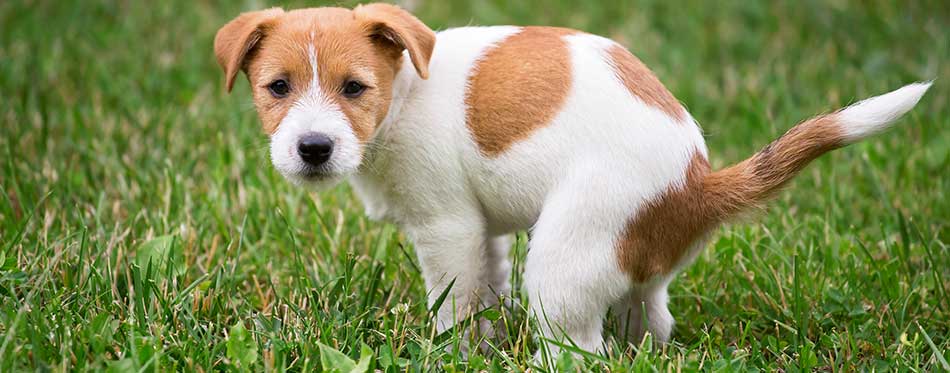For many of us, walks in the countryside are the most enjoyable part of being a dog owner. Whilst we are very careful about picking up their poop when we are in city parks or on the sidewalk, surely it can’t do any harm in the country, right?
Some new research conducted by the Ghent University and published in Ecological Solutions and Evidence (the journal of the British Ecological Society) suggests this is not the case. In fact, researchers discovered that the nutrients introduced to the soil from dog feces (poop) and urine (pee) could adversely affect the ecology of the environment. Their ground-breaking study was conducted over an 18-month period in four nature reserves.
The two chemicals of concern are nitrogen and phosphorous which are both constituents of fertilizers. In the nature reserves included in the study, it was found that a staggering 24 pounds of nitrogen and 11 pounds of phosphorous were introduced per hectare. To put this into perspective, when you add together the nitrogen that enters the soil from fossil fuel emissions and agriculture, it is just between 11 pounds and 55 pounds per hectare.
The concern is that this massive increase in nutrients could disrupt the ecosystem and have a massive impact on biodiversity. Yet, this source of excessive ‘fertilization’ has been largely ignored by the scientific community to date. As Professor Pieter De Frenne of Ghent University puts it “dogs are entirely neglected in this respect.”

When additional nutrients enter the ecosystem, some species benefit and soon outcompete the rarer species. This reduces the number of species supported in the nature reserve. Professor De Frenne further explains that many reserves are aiming for a low soil nutrient habitat to encourage biodiversity and that “the currently neglected inputs of dogs in nature reserves could delay restoration goals.”
So, what can dog walkers do to help the situation? As part of the study, the Ghent University researchers modeled different interventions to assess how they would influence the number of nutrients entering the soil. They found that if all dogs were kept on a leash, most of the reserve would have a reduced fertilization rate. However, the areas close to paths would have a higher rate. In fact, it would become so high in these areas that it would exceed legal fertilization limits for agricultural land!
Another option would be for owners to pick up every poop as they (usually) do in an urban environment. The researchers predicted that this would reduce nitrogen deposits by 56% (because a lot of the nitrogen was introduced by pee and not poop) but would reduce phosphorus levels by 97%.
It was recommended that land managers of nature reserves needed to do more to encourage dog owners to pick up dog poop. More on-leash walking could also be helpful but to facilitate this, more urban dog parks should have designated areas for off-leash dog exercise. It is hoped that this would reduce the pressure on nature reserves.

